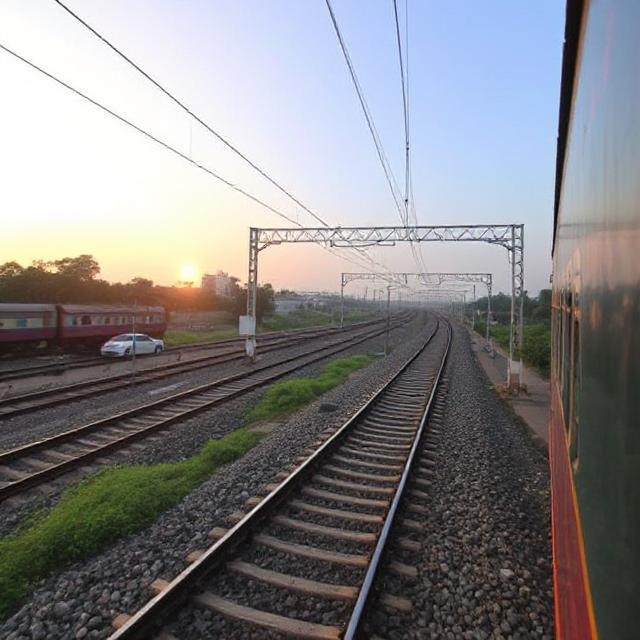The Maharashtra government has approved significant funding for the expansion of the Pune–Lonavla railway line, marking a key step in strengthening regional transport infrastructure. The state has committed ₹2,550 crore, representing half of the estimated ₹5,100 crore cost of the project, with the remaining share to be provided by the central government.
Additional financial support will also come from the Pune Municipal Corporation, Pimpri Chinchwad Municipal Corporation, and the Pune Metropolitan Region Development Authority, reflecting the shared responsibility of enhancing connectivity in one of the busiest corridors in western India.
The project will introduce a third and fourth railway line between Pune and Lonavla, aimed at easing congestion and improving train frequency. Suburban rail services on this route currently handle more than 70,000 passengers daily, underscoring the urgent need for expanded capacity. The new lines are expected to significantly reduce travel delays and improve operational efficiency, benefitting both daily commuters and long-distance travellers.
Beyond transport efficiency, the expansion carries major implications for India’s steel industry. Large-scale infrastructure upgrades of this nature require substantial quantities of construction-grade steel, including materials for tracks, bridges, and support structures. With rising demand projected, the initiative is likely to provide a boost to domestic steel producers and fabricators.
Experts suggest that the additional railway lines will not only improve passenger convenience but also strengthen freight capacity, supporting industrial growth in the Pune region and beyond. Enhanced connectivity is anticipated to attract investment, stimulate regional development, and reduce the burden on existing infrastructure.
The approval of this project highlights the state’s commitment to upgrading railway infrastructure as part of a broader strategy to modernise transport networks. By investing in critical corridors such as Pune–Lonavla, Maharashtra is paving the way for improved mobility, economic growth, and long-term urban development.





